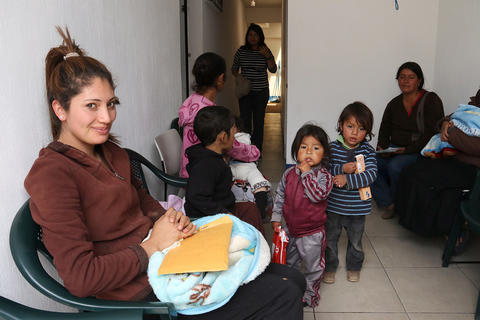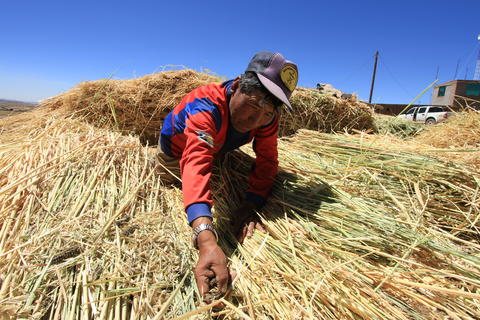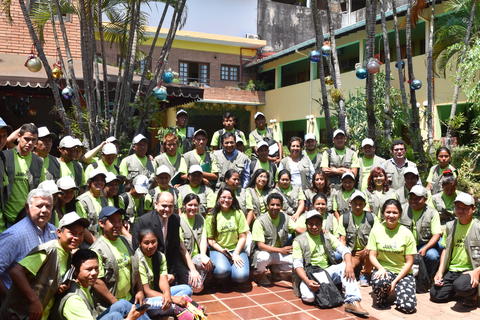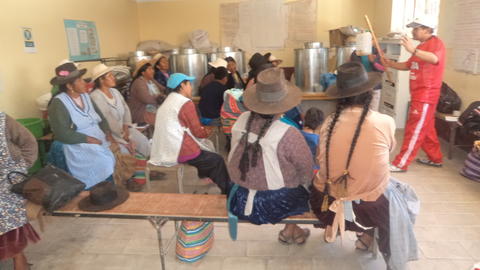October 16, 2017
Preventing food waste, a recipe for SDGs
By Jordi, Josep y Joan Roca, chefs and UN Goodwill Ambassadors
One of the first lessons we learned as kids was not to throw away food. Our family comes from a humble place. Our childhood includes stories of immigration, poverty and discrimination. Our parents’ restaurant has been a lesson in generosity, hospitality and solidarity. Our mom discreetly took any leftover stews and dishes through the back door and gave them to neighbors who could not afford the menu.
Today, we continue to maintain these values, and build on them by focusing on sustainability. By reducing food waste, we can advance critical conservation efforts and help fight for food security worldwide.
The Food and Agriculture Organization of the United Nations (FAO) estimates that one-third of the world’s food production (1,300 tonnes) is lost or wasted. In developed countries, food wasted by households, distribution industries and the catering sector releases large amounts of greenhouse gases. Pests, defective storage structures and inefficient supply chains also contribute to food loss.
This reality is especially painful given that nearly 800 million people are hungry. It also comes with a loss of labor, water, energy, land and other inputs used in food production. If we could save just a quarter of the food that is currently lost or wasted around the world, we could feed all people suffering from food insecurity.
One-third of the world’s food production (1,300 tonnes) is lost or wasted
As part of our commitment as UN Goodwill Ambassadors, we have been involved in the “Food Africa“ project of the United Nations Sustainable Development Goals Fund (SDG Fund). This initiative is trying to improve the lives of the people of Kaduna, an agricultural region in northwest Nigeria. In Kaduna, the production of tomatoes and vegetables is vital to feed the population, as well as to generate employment and income. Unfortunately, the lack of adequate storage facilities and limited access to markets translate into losses of 70 % of the crops each year.
Along with a number of UN agencies (FAO, ILO and ITC), the regional government, local entrepreneurs and farmers’ cooperatives, we are working to introduce sustainable practices when growing tomatoes, and to reduce crop losses and boost smallholder farmers’ profits. Theprogram will build an agro-processing facility that will help with these efforts and provide training on food security, new business planning and produce diversification.
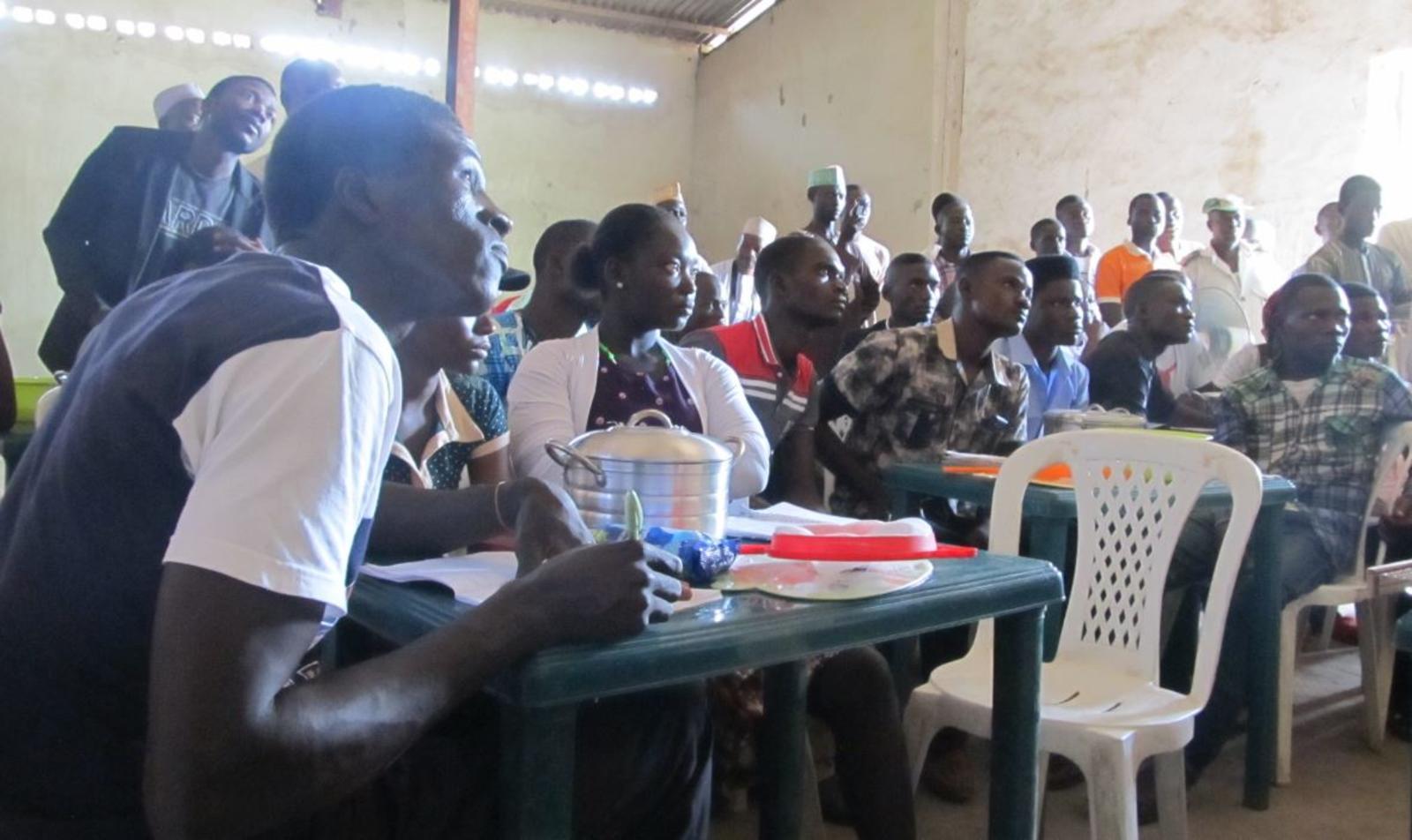
This month, we started the first training for 50 young farmers. We are teaching them about conservation, and sustainable tomato preparation and distribution techniques. In addition to practical training and technical supervision, we are also exploring potential international markets where we could sell some of these local tomatoes.
And as we celebrate World Food Day today, we will announce the winners of the first global contest of sustainable cuisine, #Recipe4Change, launched a year ago. We challenged participants with sustainable cooking challenges and asked them to share original recipes through Facebook, Twitter, YouTube and Instagram. Results have been magnificent: we received more than 2,000 recipes from all over the world. We learned there are many people committed to sustainability and nutrition who are very creative in the kitchen.
We can buy “ugly" fruit, which is just as tasty, instead of letting it end up in a supermarket waste bin
Achieving the Sustainable Development Goals related to food security and nutrition is a shared responsibility. Governments and international organizations should help minimize losses during storage and transport and reduce food waste from distributors and consumers; increase consumer choice through appropriate labeling; raise awareness on sustainable food production and consumption among producers, retailers and consumers in all countries; and establish financial and market incentives, to promote change in consumers’ behavior.
But all of us can achieve significant impact through small daily actions when choosing and cooking our food. For example, we can buy “ugly fruit,” which may not look great, but is just as tasty, instead of letting it end up in a supermarket waste bin. It is also advisable to plan meals in advance and make a detailed purchase list; this helps avoid compulsive shopping, saving us money and limiting waste.
“By making small changes right in our kitchens, we can not only create healthy and nutritious recipes, but reduce food waste and help eradicate hunger. That is, without a doubt, a great recipe.
This Op Ed was originally published in the Planeta Futuro section of the newspaper El País, on October 16, 2017. Read it here

